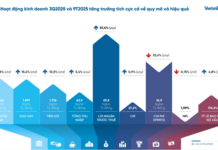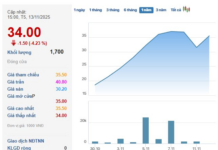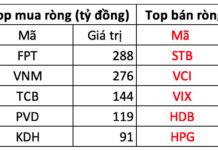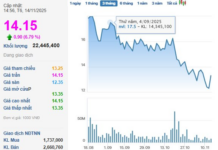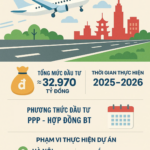The Ministry of Home Affairs has issued an official dispatch to the Ministry of Education and Training, providing feedback on the draft Decree outlining salary policies and allowances for educators. In response to the proposal for a special salary coefficient for teachers, the Ministry of Home Affairs asserts that there is no political or legal basis for such a measure.
Furthermore, according to the design principles of the current salary system, public sector employees across various industries follow a unified salary scale. This standardization facilitates seamless salary adjustments during transfers or rotations within state agencies. Industry-specific policies are instead implemented through allowances.

Preschool teachers are entitled to a special salary coefficient of 1.25 relative to their current salary.
Currently, educators adhere to the general salary scale and benefit from various allowances outlined in Decree No. 204/2004/NĐ-CP, including seniority allowances and teaching profession allowances ranging from 25% to 70%. Consequently, teachers’ total salaries and allowances are the highest among public sector professions.
Additionally, in accordance with Resolution No. 71-NQ/TW dated August 22, 2025, issued by the Politburo on breakthroughs in education and training development, the Government Party Committee has submitted a proposal to the Politburo. This proposal outlines a plan for salaries and allowances for civil servants, public employees, and military personnel following the reorganization of local government structures. It includes a recommendation to adjust teaching profession allowances in a phased manner. As a result, educators’ total salaries and allowances are expected to increase further in the coming period.
For these reasons, to maintain the integrity of the current salary system and avoid creating new disparities in salaries and incomes compared to other public sector professions, the Ministry of Home Affairs advises against implementing a special salary coefficient for educators. The teaching profession’s unique characteristics are already addressed through the increased allowances as per Resolution No. 71-NQ/TW.
Previously, in the draft Decree on salary policies and allowances for educators, the Ministry of Education and Training proposed a special salary coefficient of 1.15 for teachers in public educational institutions within the national education system. Preschool teachers in public institutions were proposed to receive a coefficient of 1.25. Teachers in schools and classes for individuals with disabilities, integration education support centers, and primary and lower secondary boarding schools in border areas were suggested to receive a coefficient of 1.2. Those teaching in schools and classes for preschool children with disabilities and integration education support centers were proposed to receive a coefficient of 1.3.
Ministry of Education and Training: Teachers’ Salaries Largely Lag Behind Other Sectors
The Ministry of Education and Training has highlighted that the salaries of most educators are currently lower than those of civil servants in other sectors. To address this disparity, they propose the implementation of a “special salary coefficient” specifically tailored for teachers.
Clerical Allowances for Civil Servants from 1-7-2024
While salary reforms are underway, additional allowances such as dual-function allowances, seniority allowances beyond the standard range, regional allowances, and job responsibilities allowances continue to be implemented.






